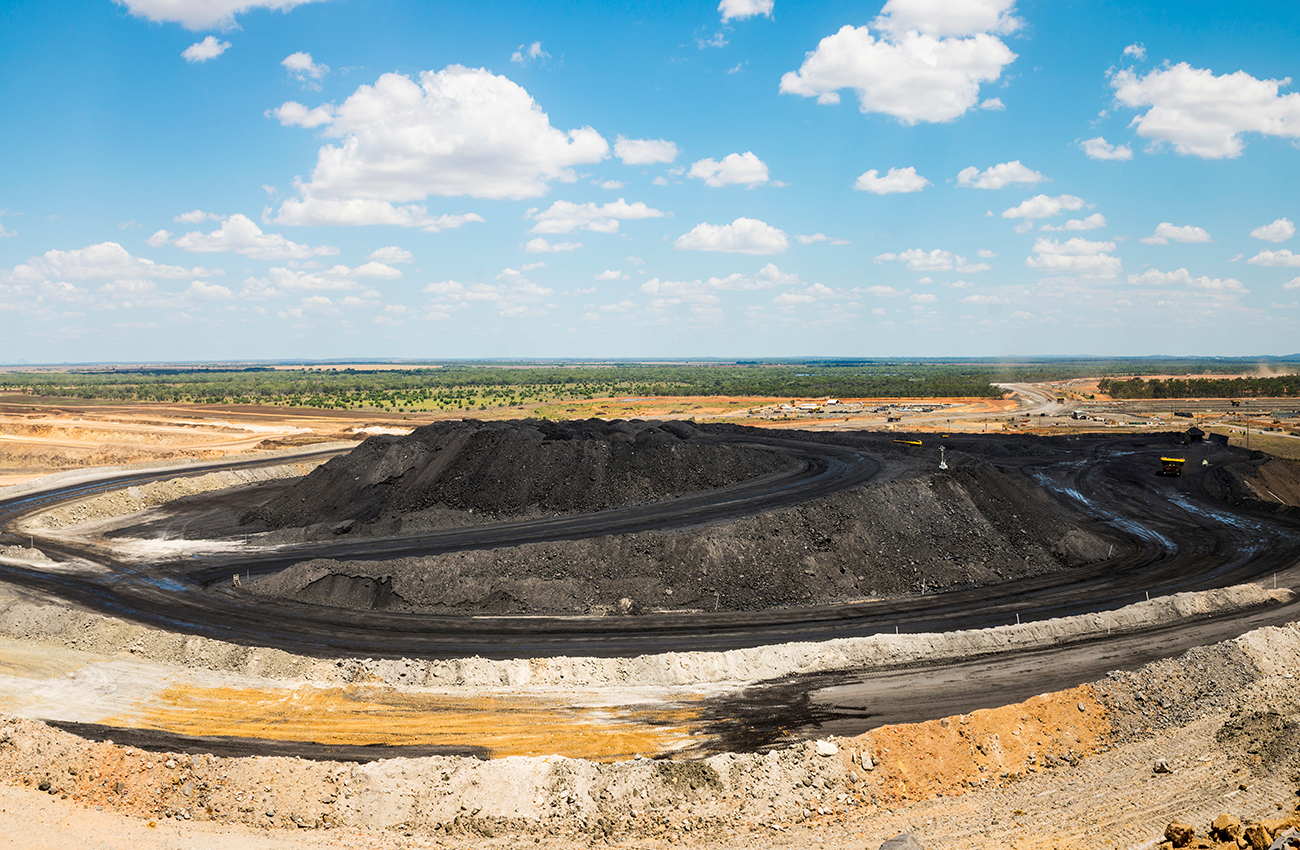The Australian government has created a A$2bn (US$1.5bn) loan facility to spur investment in the country’s critical minerals sector, as it attempts to position Australia at the source of supply chains for technologies such as battery storage and electric vehicles.
The facility will be provided through the National Interest Account (NIA) of Export Finance Australia (EFA), the country’s export credit agency. The NIA handles transactions that the government directs EFA to support.
Minerals such as lithium, cobalt, titanium and rare earth elements are categorised as critical minerals because they are relatively scarce or geographically concentrated, difficult to substitute and are used in emerging technologies including large batteries. China is currently the biggest exporter of many of the minerals, with Australia another top supplier.
Boosting the contribution of critical minerals dug up in Australia to the supply chains of India, Japan and the US was discussed at a meeting of the four countries’ leaders – known as the Quad – in Washington, DC late last month.
“On critical minerals, Australia is one of the biggest producers, but we believe we can play a bigger role in a critical supply chain that is supporting the technologies of the future”, Scott Morrison, the Australian prime minister, said after the Quad meeting.
The leaders also discussed Australian exports “connecting up with the manufacturing and processing capabilities and end users” in India, Japan and the US, Morrison said.
“The commercial dimensions of the critical minerals market mean it is a difficult place to get established,” he adds in a statement. “We want to ensure that Australia’s resources producers do get established so they can link up with others in our supply chains in a free and open Indo-Pacific.”
The new loan facility will operate for 10 years or until finance equivalent to A$2bn has been provided, according to the statement.
The facility is open to any business registered in Australia which can meet EFA’s normal eligibility criteria, a spokesperson for the agency tells GTR, adding that while there is no limit on how much an individual applicant can seek to borrow, they must demonstrate that private finance options are not available or are insufficient.
EFA has so far provided letters of support to six “significant” critical mineral projects. “Our letters of support are an important signal that we see commercial financing opportunities for these projects in future,” the spokesperson says.
Earlier this year Australia, India and Japan launched a supply chain resilience initiative, which analysts said at the time would likely focus on reducing dependency on China for the supply or processing of some critical minerals.
Although Australia primarily mines and exports minerals such as lithium with minimal processing, the facility is also open for downstream processing and manufacturing projects. The fund is designed to “make Australia a world leader in the mining and downstream processing” of critical minerals, according to the prime minister’s statement.
Trade Minister Dan Tehan says: “The global growth in demand for critical minerals to be used in the production of the latest technologies represents an incredible opportunity for Australia to utilise its natural resources and world-leading mining know-how to become a leader in the extraction, processing and supply of critical minerals.”
In a June report, the Australian industry ministry noted that investment is already underway in some downstream processing of critical minerals.
The ministry also projected Australia would have a 38% market share of the A$26bn global lithium mining industry by 2025, but would have no footprint in the vastly more lucrative business of refining the product and manufacturing batteries, worth up to an estimated A$2tn.







